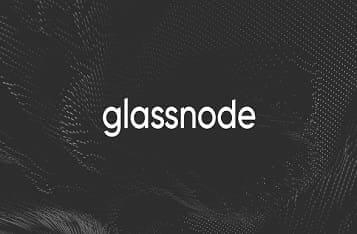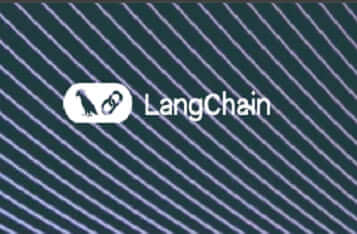Understanding Token Compensation: A Comprehensive Guide
Token compensation has emerged as a key strategy for crypto companies to attract, compensate, and retain talent, according to a16z crypto. This comprehensive approach includes structuring token grants, managing vesting schedules, and navigating tax implications.
Tokens Are Not Equity
While many compensation strategies for tokens borrow from traditional equity models, it's crucial to understand that tokens are not equity. Unlike equity, tokens are not managed by a board or executive team focused on maximizing their value. This distinction is vital for internal discussions and when explaining compensation packages to potential employees.
Tokens introduce unique complexities and opportunities compared to traditional compensation models. They require careful consideration of factors such as vesting schedules, lockups, and regulatory compliance.
Structuring Token Compensation
Incorporating tokens into a compensation package involves balancing several elements to reward employees without creating distractions. A transparent and well-defined compensation philosophy is essential. This philosophy should guide decisions on base salaries, token grants, and other incentives.
A typical compensation package might include:
- Base salary and performance bonuses, usually paid in fiat currencies
- Equity, including stock options and employee stock purchase plans
- Token compensation, which can include project tokens, Bitcoin (BTC), Ethereum (ETH), and stablecoins
Companies generally aim to offer competitive total cash compensation, often targeting the 75th percentile of the market, with total compensation (including tokens and equity) reaching up to the 90th percentile.
Vesting Schedules
Choosing the right vesting schedule is critical. Common models include:
Four-year Vest with a One-year Cliff
Employees receive a batch of tokens upon hiring, with the first quarter vesting after one year and the rest vesting monthly or quarterly.
- Pro: Rewards employees for their contributions over time.
- Con: Can create emotional volatility due to long timeframes.
Annual Grants
Tokens are granted annually, reducing exposure to volatile token prices.
- Pro: Provides predictable compensation.
- Con: May reduce competitive edge compared to longer-term plans.
Backloaded Four-year Vest
Increases the size of the vest over time, encouraging longer employee retention.
- Pro: Retains institutional knowledge.
- Con: Smaller short-term benefits can make recruitment challenging.
Tax Considerations
Token grants can be structured in several ways, each with different tax implications:
- Restricted Token Awards (RTAs)
- Token Purchase Agreements (TPAs)
- Restricted Token Units (RTUs)
RTAs and TPAs are typically offered before a token is publicly launched, while RTUs are used post-launch. Each has unique tax implications, so consulting with legal and tax advisors is crucial.
Operational Considerations
Managing token compensation can be complex, but tools from companies like Toku and Pulley can simplify administration. These tools help manage wallets, track vesting schedules, and ensure compliance with legal requirements.
Ultimately, a well-designed token compensation strategy can attract and retain top talent, ensuring that employees are rewarded fairly and motivated to contribute to the company's success.
For more detailed insights, refer to the original article by a16z crypto.






